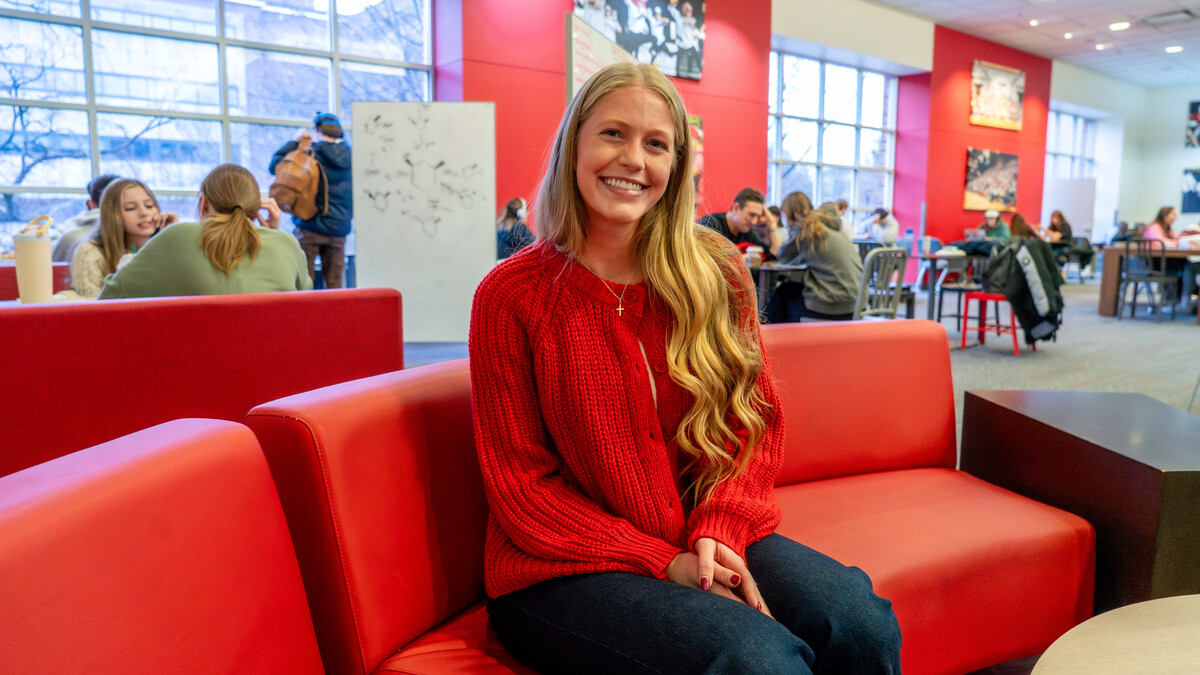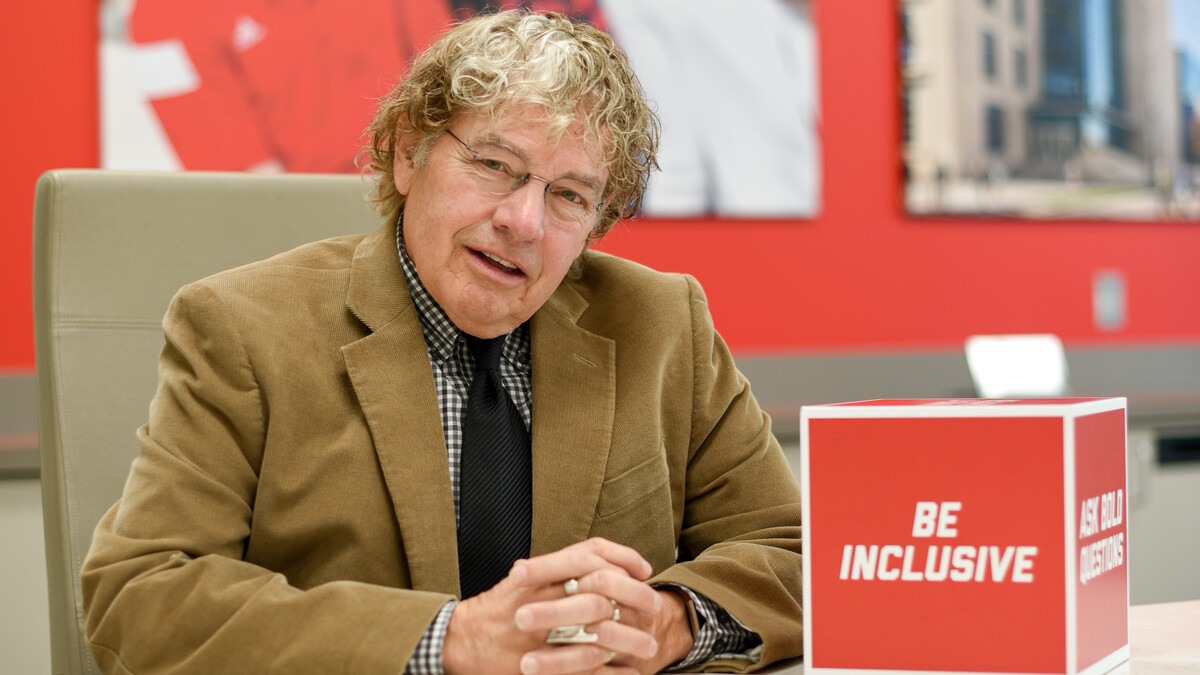
UNL’s College of Arts and Sciences has adopted an innovative initiative to adjust the teaching and service appointments of faculty members appointed to more than one academic department.
Not only will the change help UNL recruit and retain cutting-edge professors, it can be used as a model by other institutions across the country that struggle with similar issues.
Under the new policy, which applies to UNL’s interdisciplinary Institute for Ethnic Studies, faculty will be released from teaching one course every third semester to accommodate the higher service load associated with their joint appointments. It means Ethnic Studies faculty will teach five courses, instead of six, over three semesters. If they choose, faculty may stack two course releases to have a full semester to focus on research every third year. Faculty course releases will begin in the fall 2016 semester.
Officials with the College of Arts and Sciences explain that the policy addresses a challenge facing many higher education institutions, especially as interdisciplinary and transdisciplinary studies gain favor across academia.
Despite being highly valued for their ability to work across disciplinary boundaries, faculty who work for more than one academic department face more duties and demands on their time compared to their colleagues who serve in only one department. The workload not only fosters burnout and turnover, it hinders recruitment and retention of faculty with expertise in multiple academic disciplines.
Joseph Francisco, dean of the College of Arts and Sciences, said the policy demonstrates UNL’s support for the work of joint-appointed interdisciplinary scholars.
“The demands on joint-appointed faculty’s time have been a long-term national problem,” Francisco said. “When we looked at the data from all joint appointments within the College of Arts and Sciences, it was clear that we needed to develop a system for directly addressing the impact of demands on faculty in joint appointments. There had to be a change in college policy regarding work apportionment for professors in joint appointments in order for our faculty to be successful, productive and satisfied.
The pinch of joint appointment results primarily from service requirements: faculty members who work in two academic units deal with two sets of meetings, twice the number of files to review, and more co-curricular obligations.
Arts and Sciences administrators say the new course release policy is in keeping with Chancellor Harvey Perlman’s charge, in his 2013 State of the University Address, to review faculty assignments to better match faculty time and talent with the university’s goals.
By reducing turnover in the institute, administrators say the policy should result in more faculty providing more classes over the long term.
The new policy targets Institute for Ethnic Studies partly because its faculty contingent represents the largest concentration of faculty with joint appointments in the College of Arts and Sciences. Because Ethnic Studies faculty also represent a significant portion of UNL’s faculty from historically underrepresented minority groups, the policy also should reduce some obstacles in UNL’s recruitment and retention of minority faculty. If successful, the policy likely will be extended to other interdisciplinary units that carry teaching responsibilities in more than one department, such as Women’s and Gender Studies and the Survey Methods and Research Program.
The plan was supported unanimously by the chairs of joint-appointing departments and the Institute for Ethnic Studies. Political Science chair Kevin Smith said it reflects “a united recognition that this is a systemic problem that … needs to be addressed.” Psychology chair Rick Bevins said “This is just the right thing to do.”
Joy Castro, chair of the Institute for Ethnic Studies, said the initiative reflects and supports the outstanding work of the Ethnic Studies faculty.
Established in 1972, the Institute for Ethnic Studies is composed of faculty members whose scholarship, research and teaching focus on the intersection between traditional academic disciplines and issues of race, ethnicity and social justice. The faculty also engages in important diversity work on the UNL campus and in the greater Nebraska community.
“Dean Francisco’s new initiative reflects and supports the outstanding work our faculty members do,” Castro said. “They bring an incredible value-added to the UNL campus, and this plan is a strong step in the right direction.








